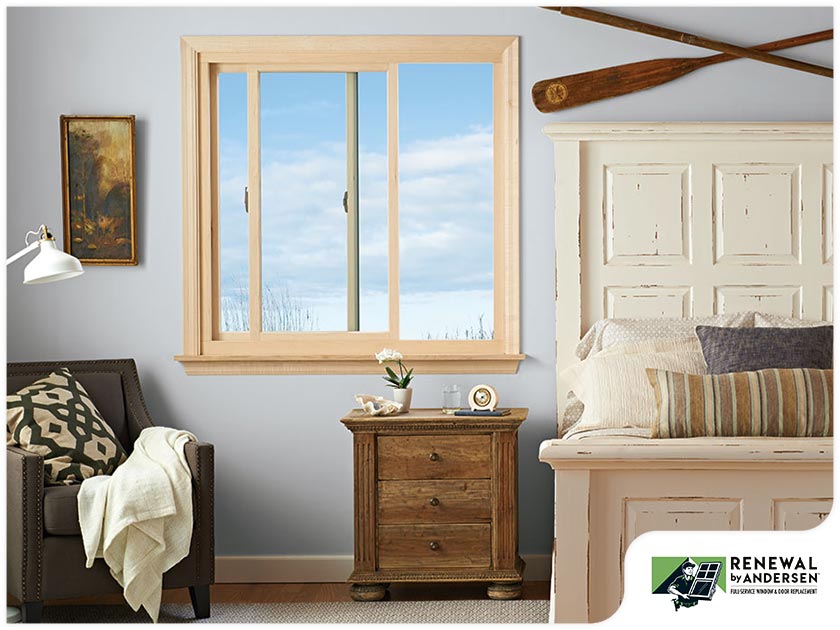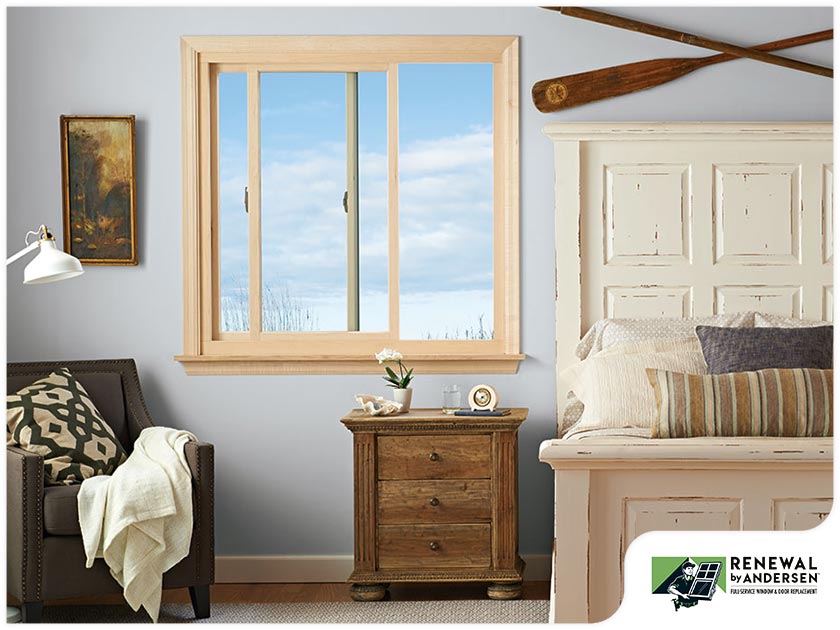MENU


Is your home feeling stuffy lately even when running your air conditioning? If so, then you might want to consider improving your indoor air quality. Here’s how you can improve your indoor air quality using your windows.

Moisture forms when there is a buildup of humidity in your home or at least one area of it. One part of your home that can fall victim to moisture is your bathroom. Too much moisture can cause the growth of mold and mildew, which is harmful to your health. To prevent this from happening, at least one of your bathroom windows should be functional or can be opened and closed easily. This way, the humid air is pushed out of your bathroom.
When you rely solely on your HVAC system, the air that circulates throughout your home over and over again will just be the same air. This also means that the same pollutants circulate throughout your home which decreases your indoor air quality. This is why it’s still important to open your windows to let fresh air in and stale, polluted air out. As window contractors, we highly recommend opening windows on the opposite sides of your home to facilitate passive ventilation.
There are days when outdoor air is much more polluted than your indoor air. In times like these, it’s best to close your windows. However, if you notice that they have cracks or gaps on the outer edges, you may want to consider having them replaced. This way, outdoor air will have no way of leaking into your home.
Renewal by Andersen® of San Francisco is one of the leading local window companies in the area. We offer high-quality replacement windows that are not only energy-efficient, but also easy to operate for your ventilation needs. Call us now at (866) 609-5033, or fill out our contact form for a free consultation. We serve homeowners in and around San Francisco and the surrounding areas.